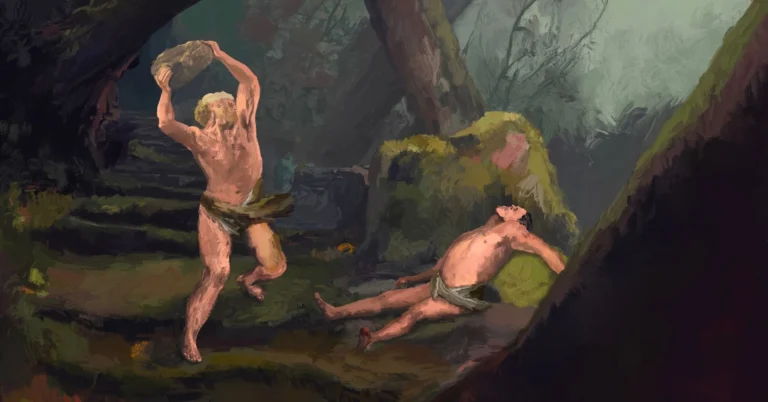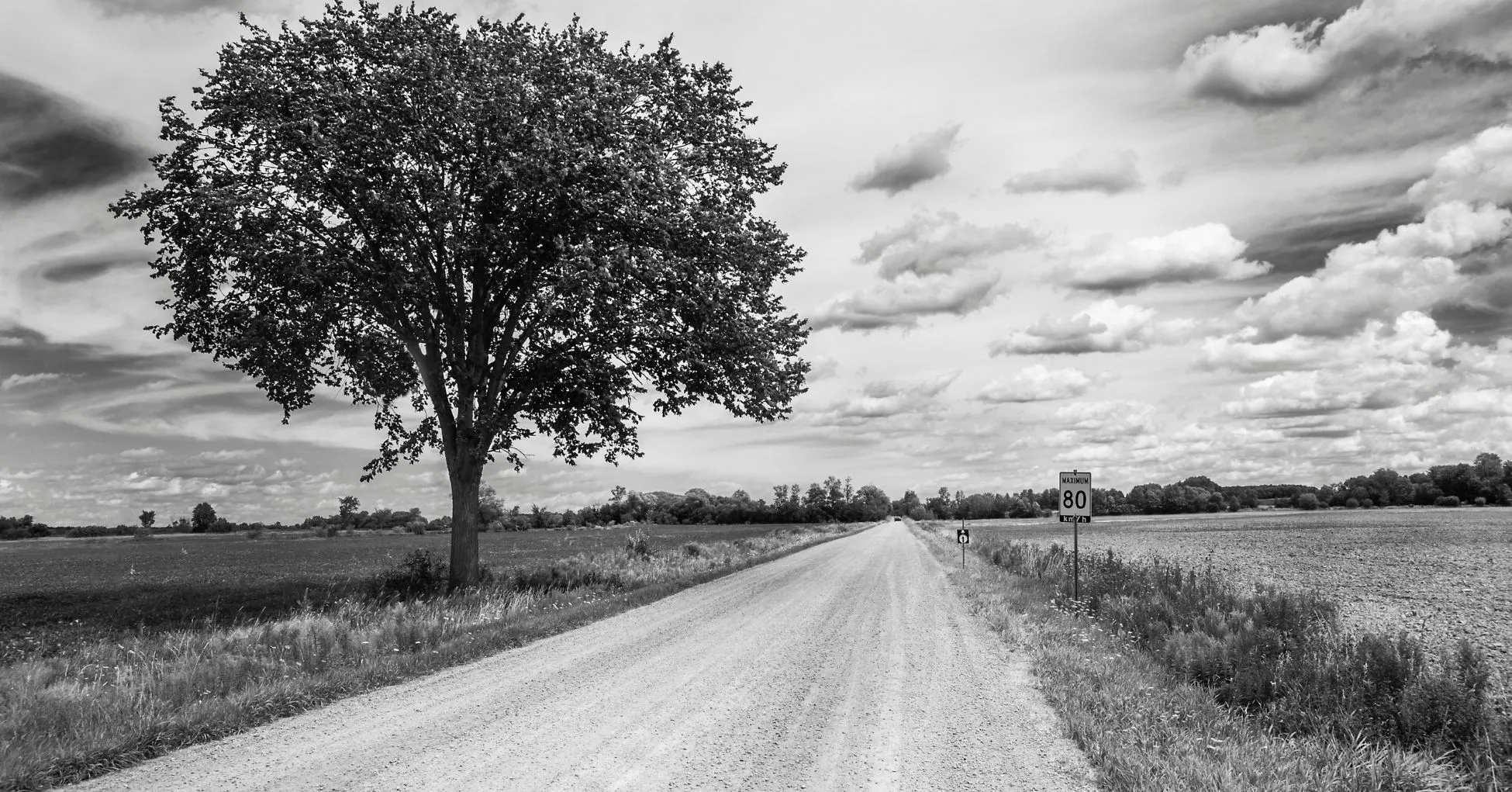What Is Renaissance Literature?
Renaissance literature is literature that was created in Europe, during the Renaissance. The Renaissance is commonly defined as a period of artistic, cultural, and philosophical rebirth of classical ideas and art forms, although the period also saw the development of new ideas, artistic conventions, and technologies. The period known as the Renaissance began in Italy in the 1300s, and its associated ideas and developments spread slowly throughout Europe over the next four centuries. Renaissance literature can be viewed as a return to the literary forms of antiquity, such as satire, epic poetry, and theatrical dramas or comedies. Many literary scholars, however, point out that Renaissance literature also reflected many of the new ideas spreading through European culture at that time.
Some of the ideas found in Renaissance literature include the doctrine of humanism, a philosophical school of thought that placed importance upon human potential and the ability to find meaning and value in earthly life, rather than merely in the afterlife. Many works of Renaissance literature also expounded upon the idea, taken from antiquity, of the “Great Chain of Being,” a philosophical doctrine that stated that every object in the entire universe occupied a place on a pre-designed hierarchy, depending on the amount of life force it possessed. Authors during the Renaissance period often wrote in the same styles and genres as did classical authors, which served to revive the genres and literary styles of antiquity. As a result, poetry, theater, social critique, and political commentary re-appeared in European literature.
The centuries of the European Renaissance brought the philosophy and learning of antiquity to the forefront of European minds and culture, but it also saw the rise of many new technologies. In terms of the rise of Renaissance literature, the most important of these technologies was probably the movable-type printing press, invented by Johann Gutenberg, probably in 1439. Prior to the advent of Gutenberg’s printing press, book manufacture was a laborious and expensive process. Books were copied out by hand, usually by monks, who had control of both the language used and the subject matter addressed.
The invention of the printing press allowed popular authors to cheaply produce multiple secular works, which could be written in the vernacular language, rather than in Latin. Most common people of the time couldn’t read Latin, and so books in Latin were usually reserved for members of the Catholic clergy, and for the very wealthy, who could read them. The printing press allowed authors to produce books that common people could read and understand, making literature more accessible for the masses. The Protestant Reformation, sparked by Martin Luther in early 1500s, called the power and doctrines of the Catholic Church into question, and led to the production of vernacular-language religious texts as well as more secular publications. Important authors of Renaissance literature included William Shakespeare, Niccolo Machiavelli, Dante Alighieri, and Francesco Petrarch.
Our Editorial Team, with a rich background in educational content creation, prioritizes accuracy and quality in every article. We are committed to producing expert content tailored to meet the academic needs of college and high school students, ensuring they receive well-researched and trustworthy information for their educational journey.






